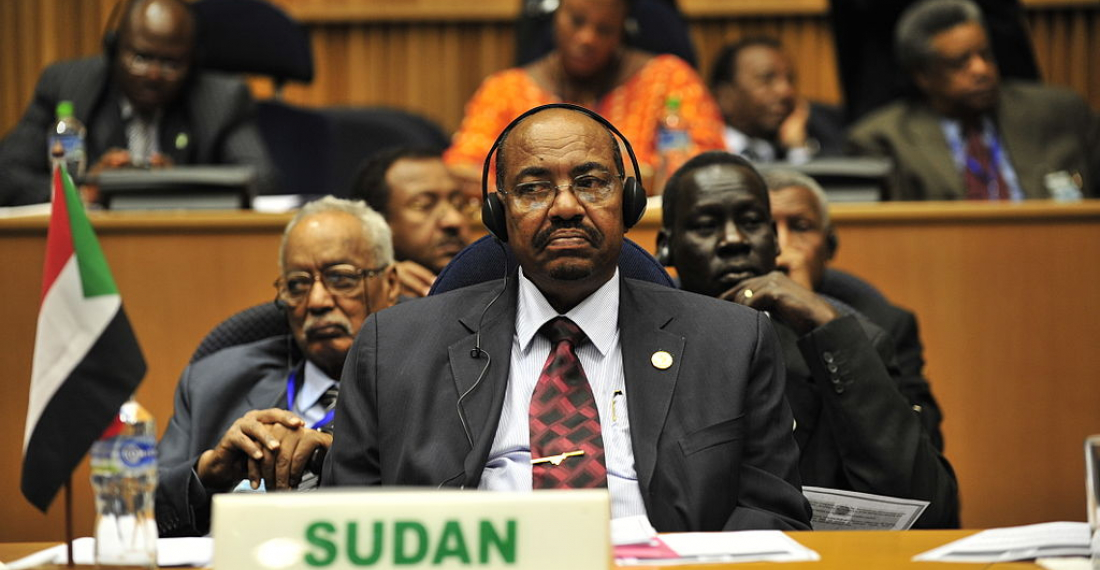Sudan will hand over its former president, Omar al-Bashir, and two other officials to the International Criminal Court (ICC), it announced yesterday (11 August). The ICC issued arrest warrants against the men more than a decade ago, for “genocide”, “war crimes” and “crimes against humanity” during the deadly conflict in Darfur, which began in 2003.
“The Council of Ministers has decided to hand over the wanted people to the ICC,” the Sudanese foreign minister, Mariam Al-Mahdi, said on Wednesday (11 August), according to the official SUNA news agency. This was announced during her meeting with the new chief prosecutor of the Court in The Hague, Karim Khan, who is visiting Sudan's capital, Khartoum, this week.
The conflict in Darfur, a region in the west of Sudan, started in 2003 between the predominantly Arab regime of then-president al-Bashir and rebels from ethnic minorities who considered themselves marginalised. The United Nations has estimated the death toll to be 300,000 with nearly 2.5 million people displaced, mostly in the early years.
Although a peace agreement was signed on 31 August 2020 between the Sudanese authorities and several rebel factions to end armed hostilities, clashes between Arabs and other ethnic groups still occur regularly in the region. In January 2021, 130 people died during intercommunal clashes in Darfur.
Al-Mahdi, daughter of the former prime minister, Sadeq Al-Mahdi – overthrown in 1989 by a coup d'état led by al-Bashir – stressed the “importance” of her country's co-operation with the ICC "to obtain justice for the victims of the war in Darfur”. She did not specify the date of the extradition of the former leaders, which must be discussed between the government and the Sovereign Council, the highest body responsible for the transition.
Al-Bashir had ruled Sudan for 30 uninterrupted years before being overturned in April 2019 by an unprecedented popular movement, triggered four months earlier by extreme inflation. Already convicted of corruption in December 2019, the former president is currently being held in Kober prison in Khartoum.
In February 2020, the military-civilian transitional power put in place after his fall made a verbal commitment to promote his appearance before the ICC.
The two other regime figures that will be handed over to the ICC are Ahmed Haroun, ex-governor of South Kordofan state and a former minister, and Abdelrahim Mohamed Hussein, a former defence minister, wanted on the same grounds. Arrested after the fall of al-Bashir, they are currently detained in Sudan. The ICC issued an arrest warrant for Mr. Haroun in 2007, with 42 counts, including murder, rape, torture, persecution and looting.
A landmark peace accord signed in October 2020 between the transitional government and several rebel groups insisted on the need for “full and unlimited cooperation” with the ICC. Last week, the Sudanese cabinet voted in favour of ratifying the Rome Statute of the ICC.
After a meeting with Karim Khan, the attorney general of Sudan, Mubarak Mahmoud, said on Tuesday that his office was ready to co-operate with the ICC “in all cases and particularly in that of victims of the war in Darfur, in order to bring justice”.






